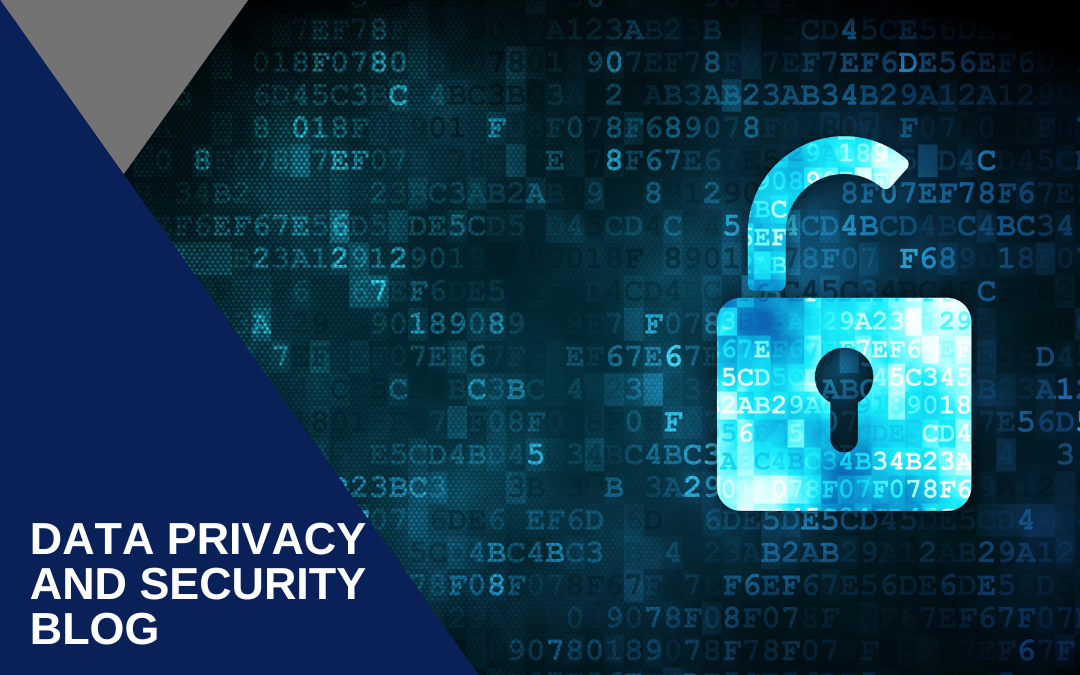
Frequently Asked Questions (FAQs) About Data Privacy and Security
What Is Data Privacy and Security?
Data privacy refers to the protection of personal information collected, stored, and processed by organizations. Data security involves the measures and protocols implemented to safeguard this information from unauthorized access, breaches, or theft. Together, they ensure that sensitive data, such as personal, financial, and health information, is handled appropriately and protected against misuse or exposure.
What Are the Key Components of a Data Privacy Policy?
A data privacy policy typically includes key components such as the types of data collected, the purpose of data collection, how data is used and shared, data retention practices, and security measures. It should also outline users’ rights regarding their data, including how they can access, correct, or delete their information. Additionally, the policy should specify the organization’s compliance with relevant privacy laws and regulations.
What Are the Major Data Privacy Regulations in the U.S.?
Major data privacy regulations in the U.S. include the California Consumer Privacy Act (CCPA), which provides rights to California residents regarding their personal data, and the Health Insurance Portability and Accountability Act (HIPAA), which protects health information. The Children’s Online Privacy Protection Act (COPPA) regulates the collection of data from children under 13. Additionally, the Gramm-Leach-Bliley Act (GLBA) covers financial institutions and their handling of non-public personal information.
How Can Businesses Ensure Compliance with Data Privacy Regulations?
Businesses can ensure compliance by implementing comprehensive data privacy policies, conducting regular audits, and training employees on data handling practices. They should stay informed about relevant regulations and make necessary adjustments to their policies and procedures. Establishing a dedicated compliance team or officer, implementing robust data protection measures, and maintaining transparent data practices also help in meeting regulatory requirements.
What Are the Best Practices for Data Security?
Best practices for data security include using strong encryption for data at rest and in transit, implementing multi-factor authentication, and regularly updating software and systems to protect against vulnerabilities. Businesses should also conduct regular security assessments, train employees on recognizing phishing and other security threats, and establish incident response plans for data breaches. Ensuring physical security and access controls for sensitive data is also critical.
What Should Organizations Do in the Event of a Data Breach?
In the event of a data breach, organizations should immediately contain and assess the breach to understand its scope. Notify affected individuals and regulatory authorities as required by law. Conduct a thorough investigation to identify the cause of the breach and implement measures to prevent future incidents. Additionally, offer support to affected individuals, such as credit monitoring services, and review and enhance data security practices based on the breach findings.
How Does Data Encryption Protect Privacy and Security?
Data encryption protects privacy and security by converting data into an unreadable format that can only be deciphered with a decryption key. This ensures that even if data is intercepted or accessed without authorization, it remains secure and cannot be easily understood or misused. Encryption should be applied to data at rest (stored data) and in transit (data being transmitted) to provide comprehensive protection.
What Are the Risks of Not Implementing Proper Data Privacy Measures?
Failing to implement proper data privacy measures can lead to significant risks, including data breaches, identity theft, and financial losses. It can also result in legal penalties and damage to the organization’s reputation. Inadequate privacy measures may erode customer trust and lead to loss of business. Compliance violations can result in fines and legal actions, impacting the organization’s financial stability and operational integrity.
How Can Individuals Protect Their Personal Data?
Individuals can protect their personal data by using strong, unique passwords for different accounts, enabling multi-factor authentication, and being cautious about sharing personal information online. They should regularly update their software and be vigilant against phishing attempts and other cyber threats. Reviewing privacy settings on social media and being aware of the data collection practices of the services they use also helps safeguard personal information.
What Role Does Employee Training Play in Data Privacy and Security?
Employee training is crucial in data privacy and security as it educates staff on best practices for handling sensitive information, recognizing potential threats, and complying with privacy policies. Regular training helps employees understand their responsibilities, identify security risks, and respond appropriately to data protection issues. Well-informed employees are less likely to make errors that could lead to data breaches or compliance violations, thus strengthening the organization’s overall security posture.
These FAQs are for general informational purposes only and are not legal advice. Contact us today to discuss your specific situation.
